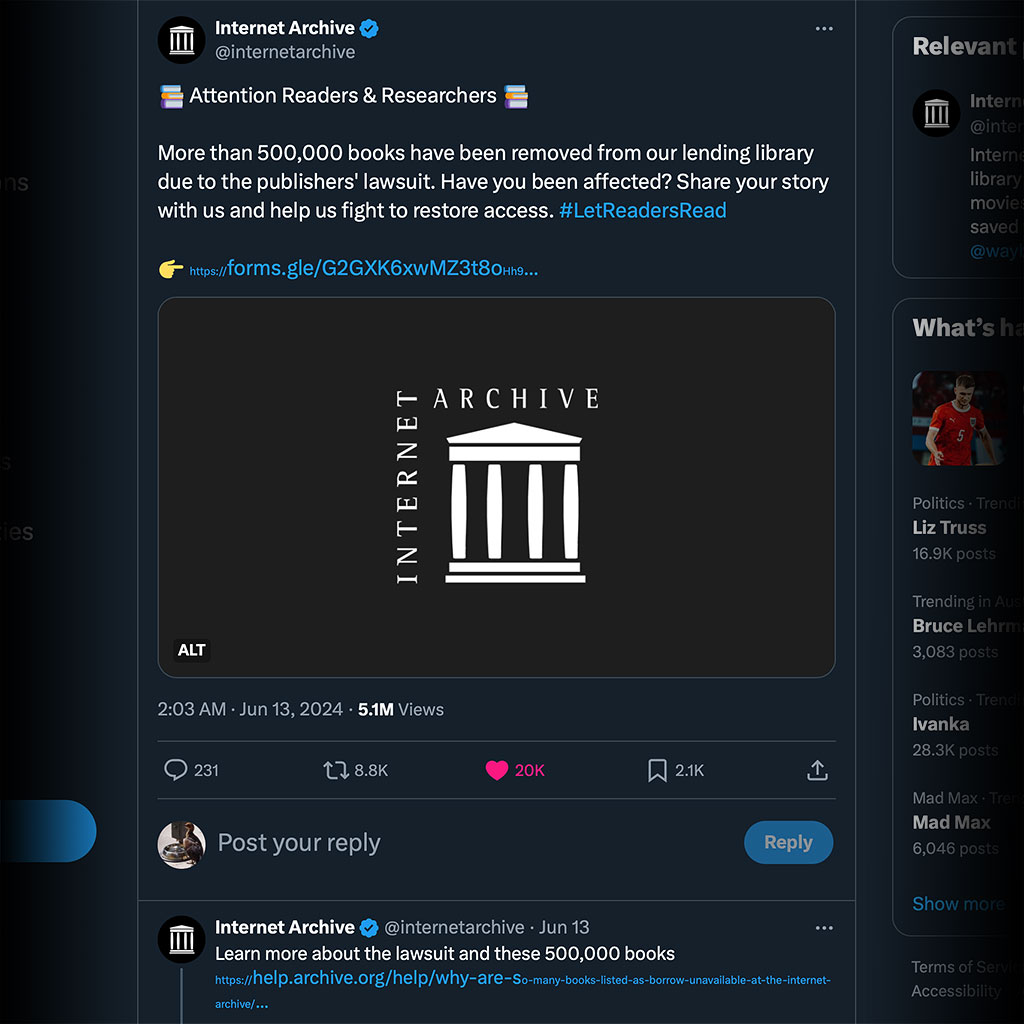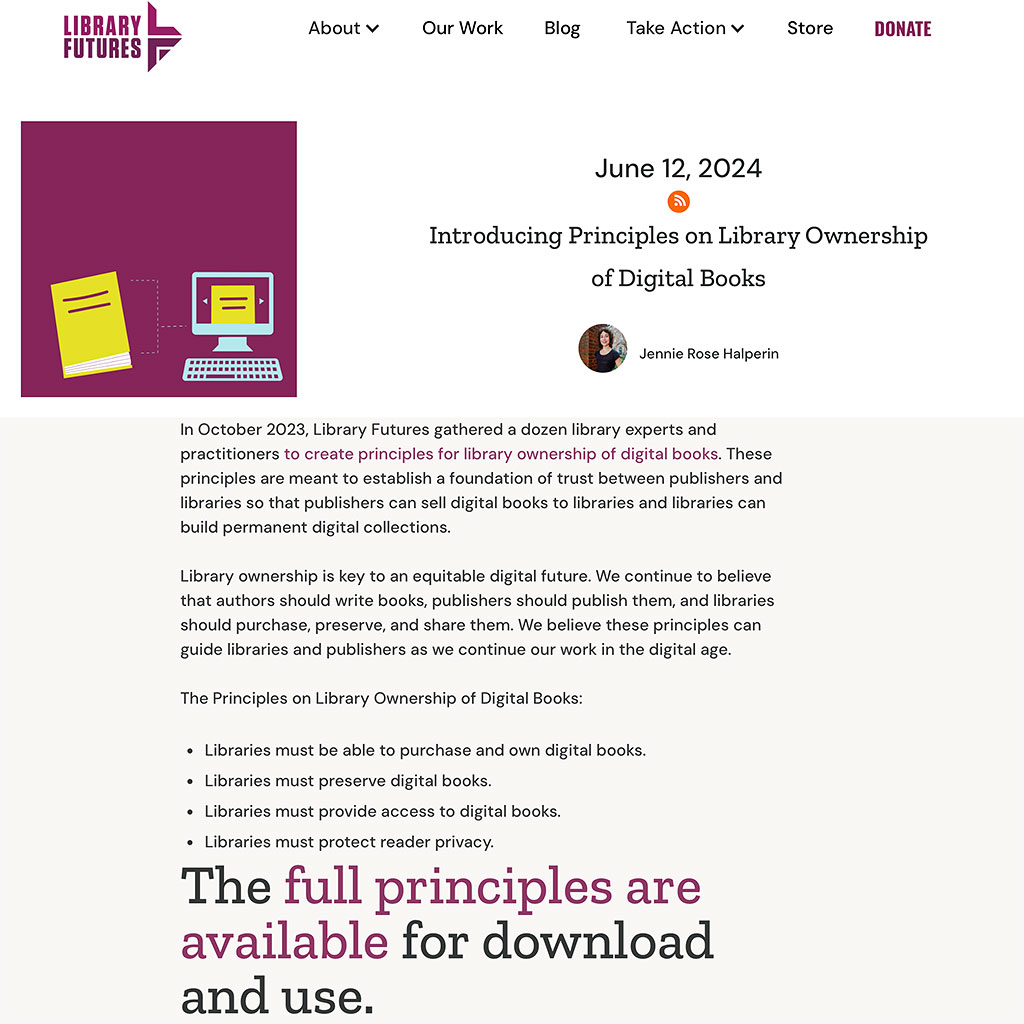



As an independent self-funded, in reality completely unfunded, researcher I depend on the Internet Archive almost every day I work on The Robert Krasker Project. I don’t have access to a world-class bricks-and-mortar research library and don’t have the means to travel to another country to use one for months at a time, as I am told academic researchers quite often do.
Unfortunately I often come across books that are marked as “Borrow Unavailable” at the Internet Archive and too often they are the authoritative references on a given subject and especially the same ones that Dr Falk Schwarz referred to in the course of writing his book on Australian cinematographer Robert Krasker, BSC, titled Farbige Schatten – Der Kameramann Robert Krasker.
This lack of access to so many books has somewhat limited my own research and particularly the more expansive story that I need to tell about Robert Krasker, directed at an Australian readership for whom Dr Schwarz’s excellent book is simply not detailed enough or broad enough.
Farbige Schatten was directed at a German-speaking, film-literate readership who were already familiar with the name Robert Krasker and his status as one of the great feature film cinematographers of the 1940s through to the mid-1960s, from the Golden Age of British Cinema to the age of Technicolor widescreen swords and sandals epics.
That readership’s interest in the specifics of Robert Krasker’s family background, life, times, places and epic journey from remote Shark Bay through Paris, Dresden and London before finding success at the peak of the film industry would be less than that of Krasker’s fellow Australians and especially those of us working in the film industry here or aspiring to do so.
Likewise Robert Krasker’s story as a rank outsider with a long list of disadvantages for entry into the film industry, during his lifetime as much as if he had tried to do the same today in Australia, would be of less interest to a German or global readership than an Australian one.
I am under no illusions about Australian publishers, broadcasters or funding organizations, having learned long ago how little interest there is in telling the stories of great but forgotten creative Australians.
I have been there before, time and again.
If anyone in those types of organizations is interested in Robert Krasker’s story at all, then they won’t be located in his home country.
Links
- Internet Archive – petition
- Internet Archive – Twitter
- Internet Archive – Web site
- Internet Archive – WHY ARE SO MANY BOOKS LISTED AS “BORROW UNAVAILABLE” AT THE INTERNET ARCHIVE
- Library Futures – Introducing Principles on Library Ownership of Digital Books, by Jennie Rose Halperin, 12 June 2024
